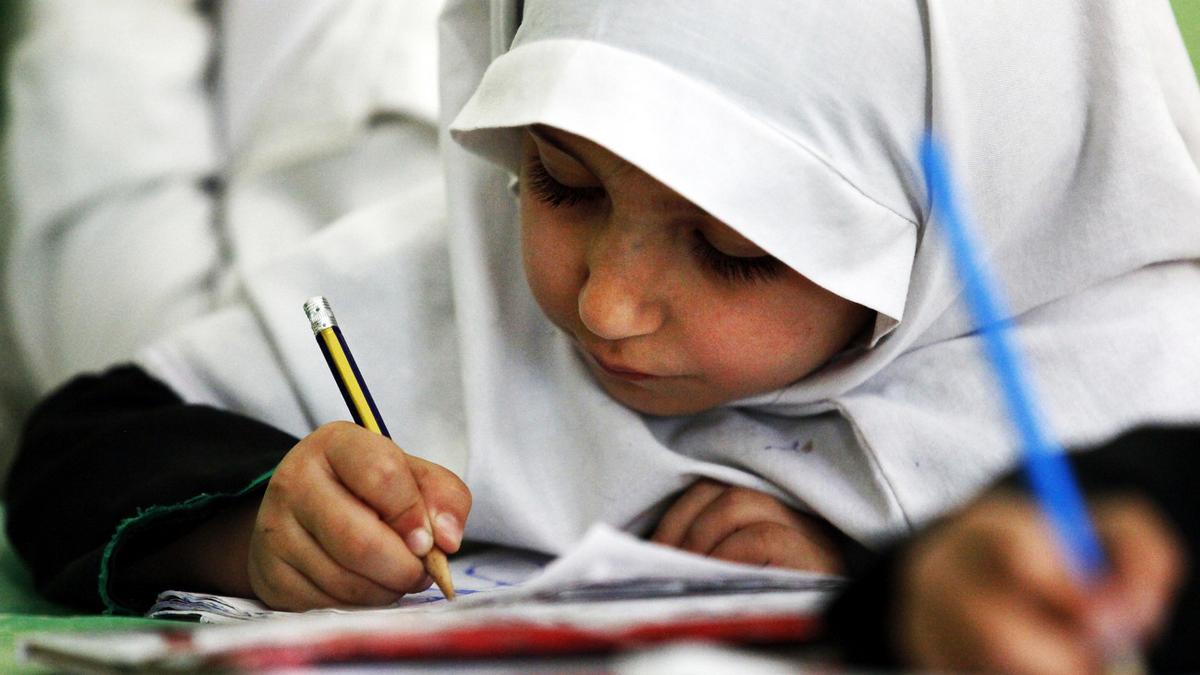JALALABAD - Community leaders at a UNAMA-backed event in the eastern province of Nangarhar gathered to plan the reopening of more than one dozen schools and health clinics for women and girls in the region.
The event, which was attended by government officials, civil society members, activists and residents from across the province, established a working group designed to respond to concerns related to women and girls accessing Nangarhar’s education and health services, and to focus on plans to reopen many of the province’s schools and health clinics that had been closed by anti-government elements in the area.
The gathering, backed by UNAMA’s regional office in Nangarhar, is part of a broader programme running across Afghanistan to mark the global 16 Days of Activism Against Gender-Based Violence, an annual campaign that begins on 25 November with the International Day for the Elimination of Violence Against Women and culminates on 10 December with Human Rights Day.
Heran Son, the head of UNAMA’s regional office, described how events in this year’s 16 Days campaign are being held under the global theme ‘From Peace in the Home to Peace in the World: Make Education Safe for All.’ In the context of discussions about reopening education and health services to women and girls, Ms. Song stressed that women should play a lead role in resolving issues affecting them.
Speaking about the plans to reopen the schools and health clinics closed by anti-government elements that had been operating in the Dehbala, Achin and Kot districts, Provincial Governor Salim Khan Kundozi announced the establishment of a working group consisting of influential community leaders who would address the issue with the UN’s support.
As a result of the school closures, an estimated 40,000 students were unable to continue their education in Nangarhar. Similarly, the closure of the clinics deprived some 45,000 children of routine health services, such as anti-polio vaccines.
Previous similar activities in the province have resulted in several schools reopening.
“Access to health and education are fundamental rights of every human being,” said Sabrina Hameedi, head of Afghanistan Independent Human Rights Commission (AIHRC) in the eastern region. “We are here to protect and promote these rights.”
The event was organized by UNAMA and AIHRC in coordination with the Governor’s office and the Departments of Women’s Affairs, Education and Public Health.
UNAMA is mandated to support the Afghan Government and relevant international and local non-governmental organizations to assist in the full implementation of the fundamental freedoms and human rights provisions of the Afghan Constitution and international treaties to which Afghanistan is a State party, in particular those regarding the full enjoyment by women of their human rights.






